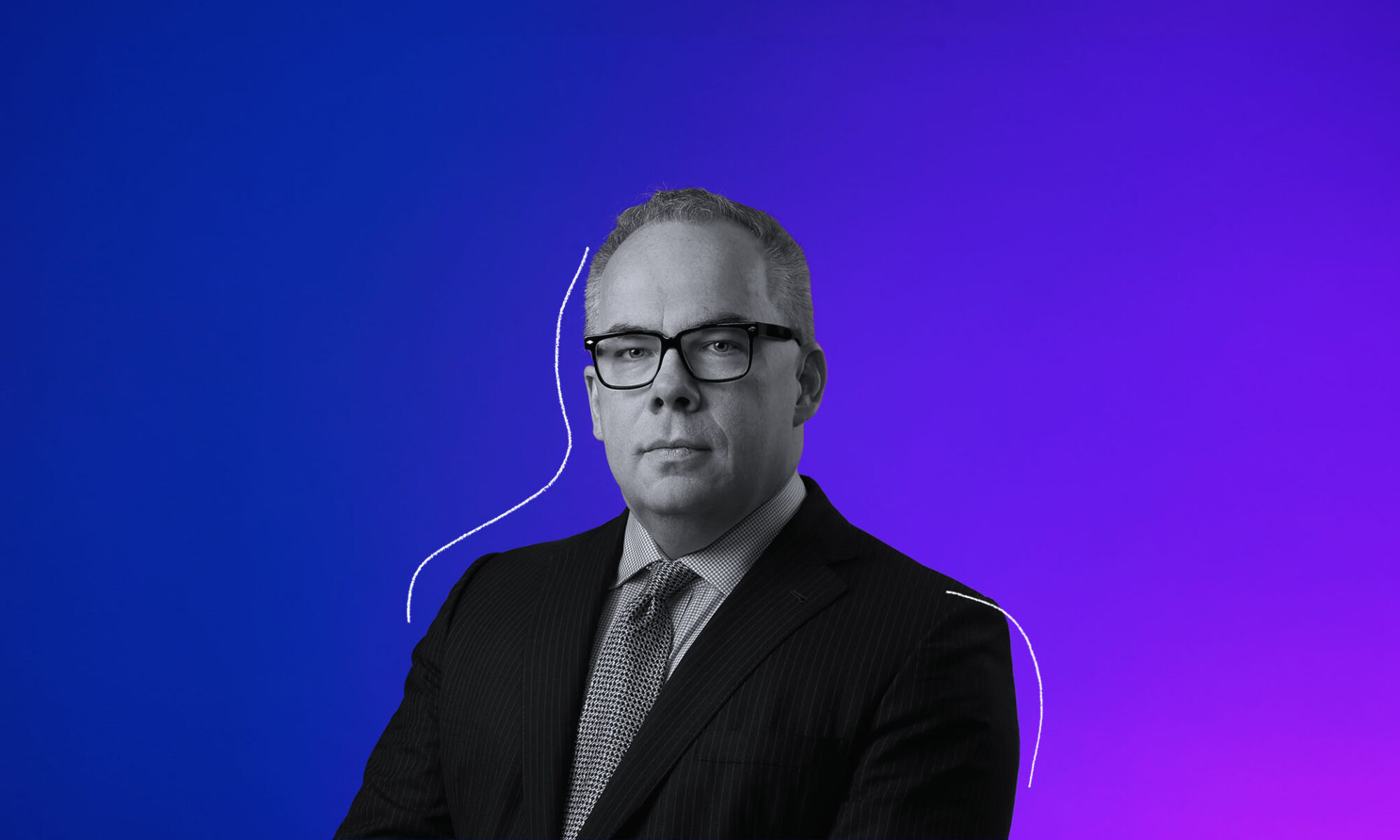
Paul Wells – 2024 Hyman Solomon Award for Excellence in Public Policy Journalism
“I care less about edge than I ever have. The world is full of people who want you to know that they can win a fight and it’s killing us as a society.”
Much has changed in journalism over the 30 years that Paul Wells has been writing about politics, but he believes one thing remains constant: Canadians want original reporting, rich in analysis, context and details.
“There will always be curious people who need information and there will always be mechanisms for getting that information,” says Wells, whose eponymous Substack turns two years old this spring with more than 20,000 subscribers.
Ever since Wells moved to Ottawa seven months into Jean Chrétien’s prime ministership, his journalism has been a must-read. He has covered most of Canada’s key political events, including the governments of four prime ministers, as a marquee columnist at the Montreal Gazette, the National Post, the Toronto Star and, most recently, Maclean’s, where he worked for 19 years. When he wasn’t writing about politics, he was penning stories about culture — often his beloved jazz — or appearing on television and radio as a whip-smart pundit known for seldom pulling his punches.
In March 2022, Wells shocked many when he announced he’d quit Maclean’s after new leadership moved the magazine away from its long-time political coverage. Suddenly, everyone was talking about Wells: What would one of the country’s top political journalists do next? He’d walked away without a plan, but figured he’d better move onto the next thing fast while people were still paying attention to him. He published a couple of columns in different outlets, then struck out on his own as an independent journalist.
He told himself he’d stick it out if he could meet a modest target for Substack subscribers within a year. He achieved that goal on the first day with a revealing story about Carlos J. Leitão , Quebec’s former finance minister, who was ready to talk with incredulity and self-effacement about his time in politics. The response to the piece confirmed Wells’ hunch that readers want more than social media rants; they want reporting, sharp writing and detailed analysis, he says.
Wells set about building his own brand through his Substack, The Paul Wells Show podcast, live on-stage interviews and books. His most recent book, An Emergency in Ottawa, covered the Ottawa convoy commission, and another will come out in 2024. He has reported on everything from Canadian efforts to train troops in Ukraine to the opioid crisis, cabinet shuffles and chemistry.
This chapter in his career — “late-era Wells,” he calls it — caught him by surprise and he’s delighted with the response. “In most ways, these last two years certainly rank among the best times in my career,” he says.
Wells grew up in Sarnia, Ont., where his father would bring the family to the library every Saturday to take out piles of books. They’d exchange them each weekend for more. “What do you learn in that context? Everything is important,” explains Wells. That’s where he developed his habit of not reading books through to the end; he often had to give them back before he’d finished.
He started writing for the campus paper in 1985 at what was then the University of Western Ontario, where “we had comically high standards,” he recalls. There, he learned that he could write, quickly and cleanly, and loved a good editorial debate. After graduating, he went onto the Montreal Gazette, spending a decade that overlapped with events such as the death of the Meech Lake Accord, the Oka Crisis and the 1995 Quebec referendum.
“You couldn’t imagine a better laboratory for learning to be a journalist,” says Wells. The Gazette “had the hungriest readership I’ve ever seen. Their sense of whether they could continue to live where they had grown up depended on the outcomes of these big debates. So, they read every word.”
In 1998, he helped launch the National Post as its parliamentary columnist, covering Ottawa with confidence and a critical eye — delivering the kind of lines that people talked about for days . He called Preston Manning as “familiar as an old shoe,” the Chrétien Liberals “Buck Rogers incarnate,” Joe Clark as a man “who disagrees only with himself.” When Paul Martin’s government argued that its predecessor had been overspending, he wrote: “Half the cabinet ministers of the new government were members of the old government. What, did none of them notice the crisis until today? Crap lot of ministers they must be.”
After five years, Wells moved to Maclean’s. In that era, large news organizations had a “quasi-monopoly on information and a quasi-monopoly on commerce,” remembers Wells. They were the gatekeepers to information and they had money to support audacious reporting projects.
Much has changed. Today, governments rely on social media for their messaging, often trying to work around journalists. An endless stream of information is delivered to the public, but without context. As Wells sees it, “we have more data and less understanding than at any point in my career.”
But in-depth reporting remains valuable and possible, he adds. “The only real question is: Are you the kind of person who does rich journalism full of context? And if you are, then off you go,” he says, summarizing the advice he gives to young journalists.
Wells admits to having a higher regard for people in public service than his writing suggests. He admires those who work in government, but has never been tempted to move over, though offers have been made. His value has always been as a journalist, he says.
Now, he sees his role in journalism differently than in the past. Several months after launching his Substack, he added a sentence to his bio: I’m trying to help .
“I care less about edge than I ever have. The world is full of people who want you to know that they can win a fight and it’s killing us as a society,” he says. “I’m working on a journalism that recognizes that it’s a hard time and that the stakes are high, but that our hearts are going to help us if we let them.”
Profile by Christina Frangou
Photo by Blair Gable
Tickets for the Annual Testimonial Dinner Honour Roll 2025 are available to purchase now.
2024 Honourees
Janice Charette | Marc Garneau | JP Gladu | Jayna Hefford | Murad Al-Katib
Past Honourees
Harold Calla | John Risley | Lisa Raitt | Stephanie Nolen | Janice Stein | Laurent Duvernay-Tardif | Naila Moloo





